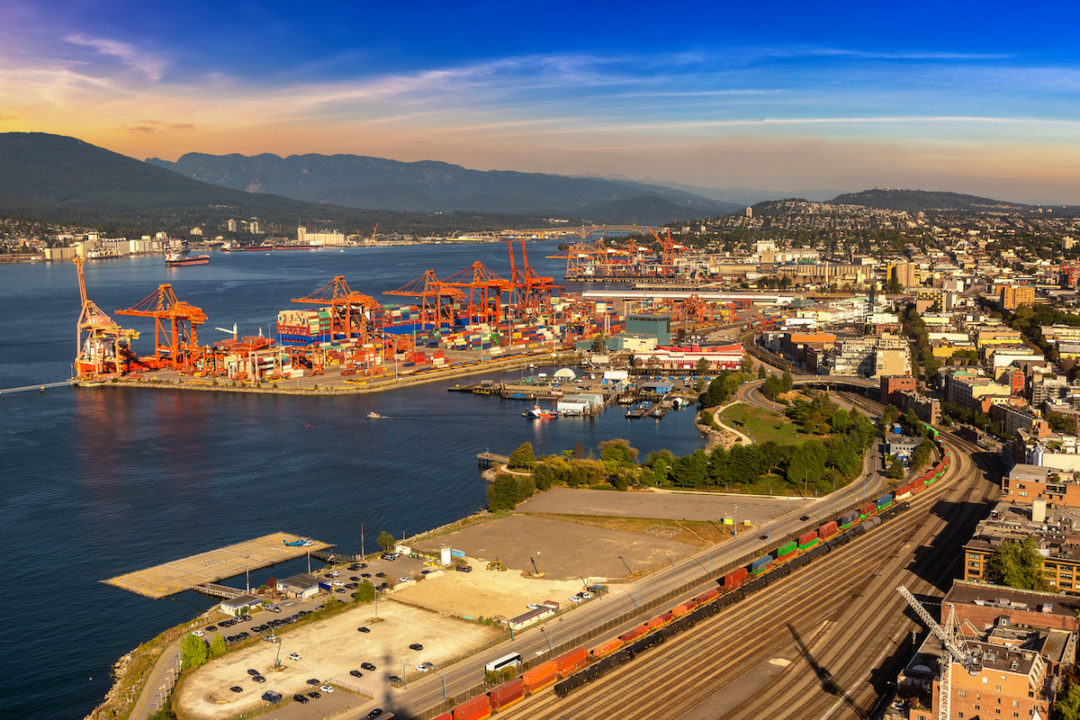
Visit Our Sponsors |
|
|
|
|
|
|
|
|
|
|
|
|
|
|
|
|
|
|
|
|
|
|
|
|
|
|
|
|
|
|
|
|
|
|
|
|
|
|

Vancouver, Canada. Photo: iStock.com/bloodua
The International Longshore and Warehouse Union (ILWU) of Canada announced June 12 that its members voted in favor of supporting a strike against member companies of the BC Maritime Employers Association (BCMEA). Over 99% of ILWU Canada's members voted in favor of strike actions June 9 and 10.
If a strike does end up taking place, a 72-hour strike notice would need to be filed before June 21, meaning the earliest possible start date for a strike would be June 24, 2023, according to CNBC.
The biggest port that would reportedly be affected by a strike would be the Port of Vancouver, Canada’s largest port. According to a statement from a spokesperson for the Vancouver Fraser Port Authority, 90% of the products that move through the Port of Vancouver come from Canadian trade.
The potential strike could also hurt the United States because roughly 15% of container trade moving through the Port of Vancouver is destined to go to or from the U.S., the Vancouver Fraser Port Authority said. Additionally, 2% of U.S. international-laden imports arriving on the West Coast move through the Port of Vancouver each year.
The Port of Prince Rupert will also be negatively impacted by a strike, which harms the U.S. because roughly 66% of containerized import volumes coming into the Port of Prince Rupert will be introduced to the U.S. market by rail, according to Brian Friesen, the Prince Rupert Port Authority’s vice president of trade development & real estate.
“This is a significant blow to operations on the West Coast,” said Paul Brashier, vice president of drayage and intermodal at ITS Logistics. “These ports are vital to Midwest manufacturers and the auto industry, as most transpacific freight enters at these points prior to interlining to rail and going to inland rail ramps in Chicago and other major markets. More significant is that these ports were used as relief valves to avoid ILWU activity.”
RELATED CONTENT
RELATED VIDEOS
Timely, incisive articles delivered directly to your inbox.

